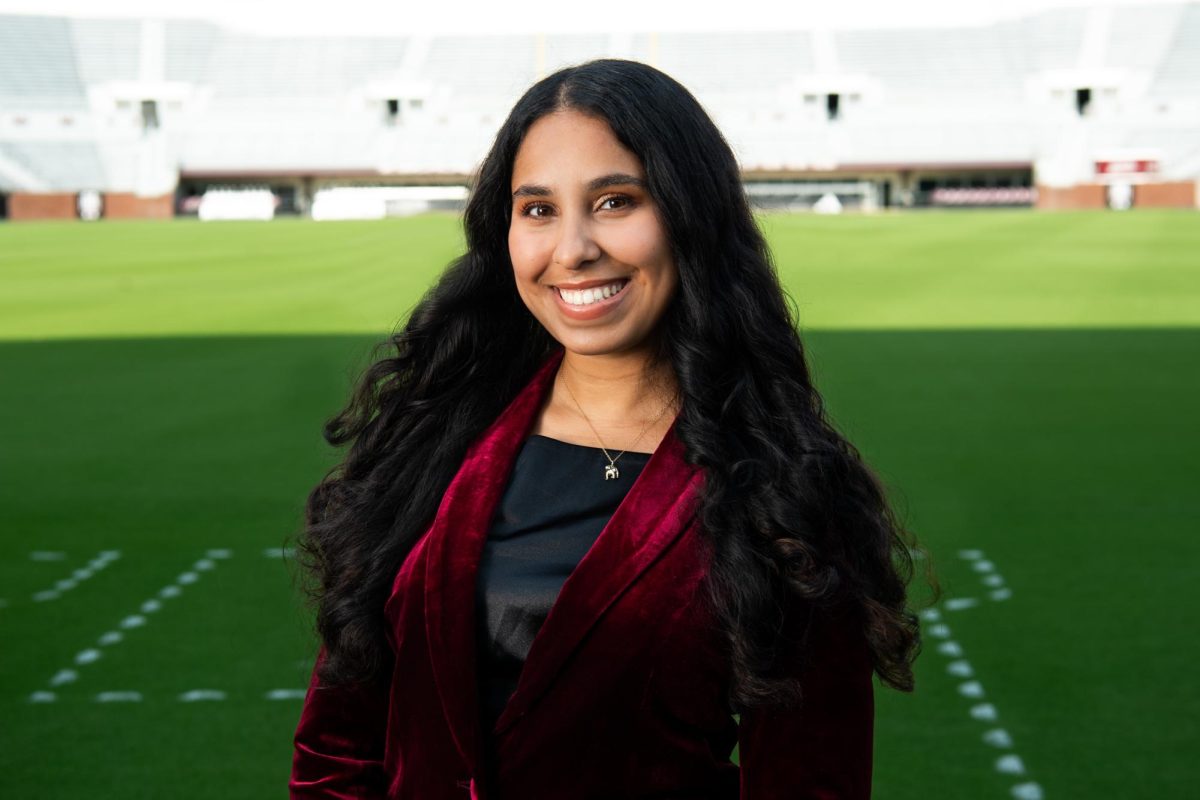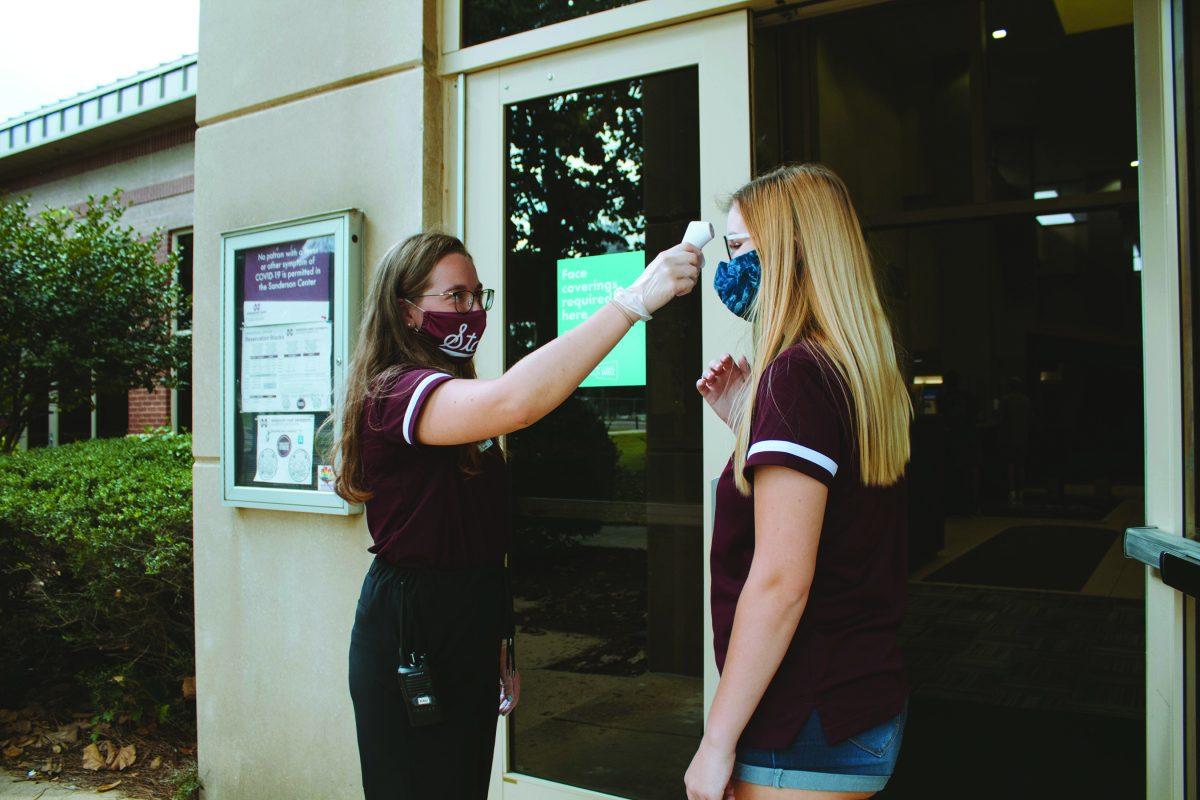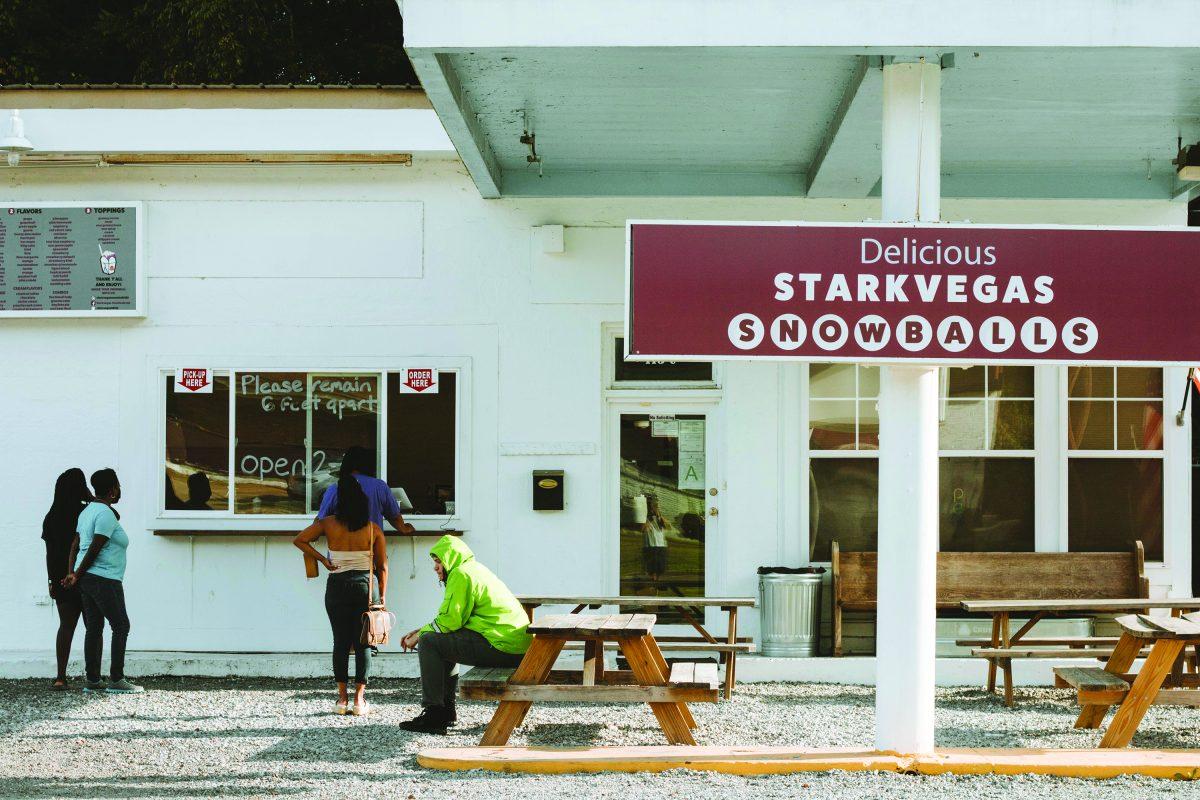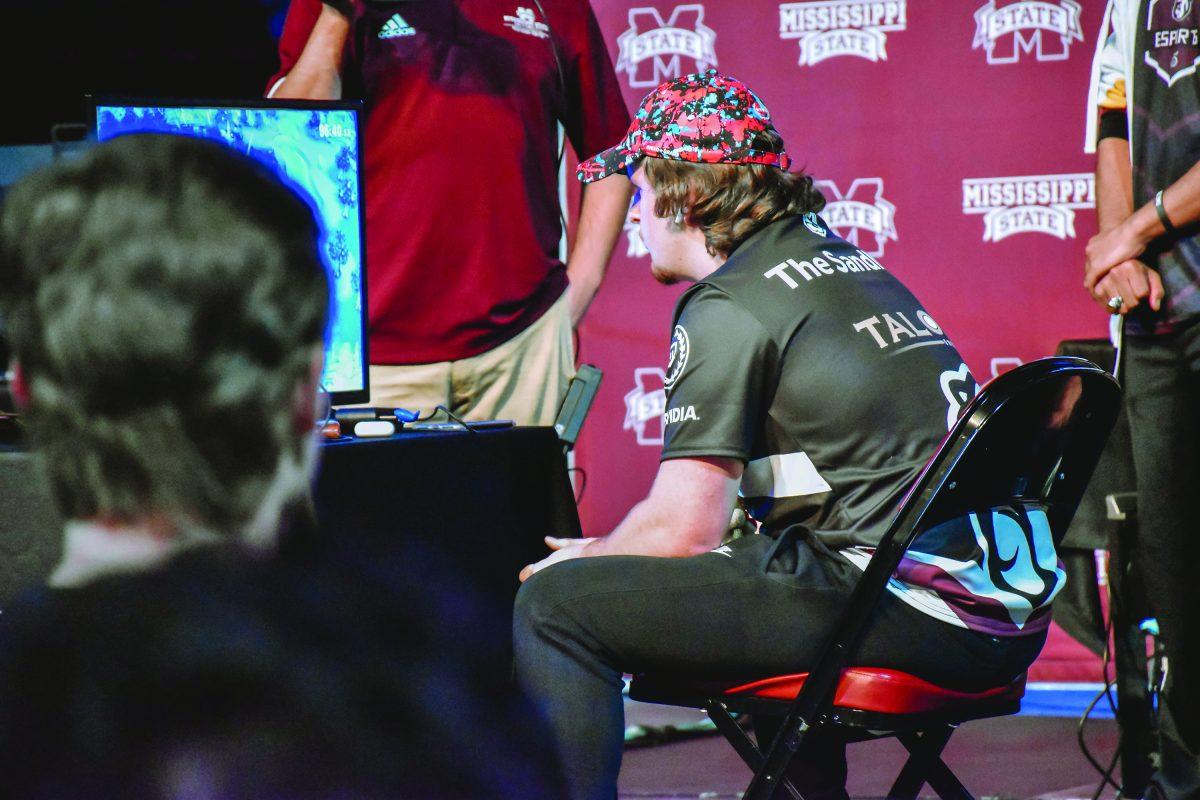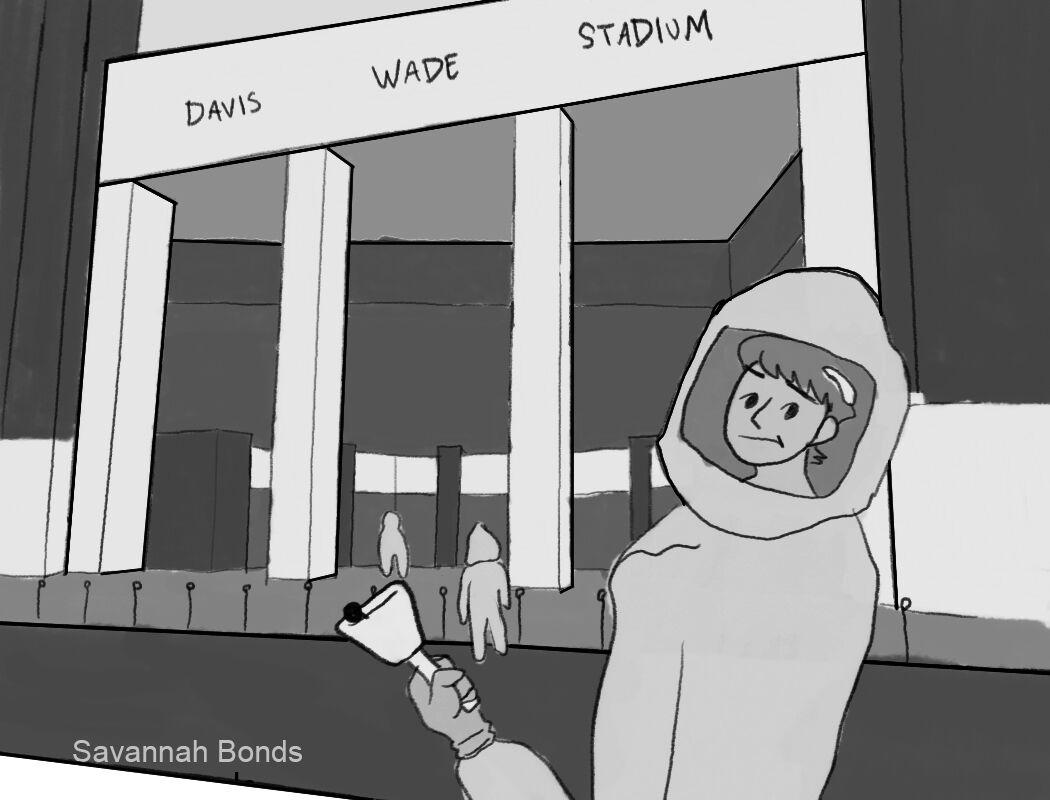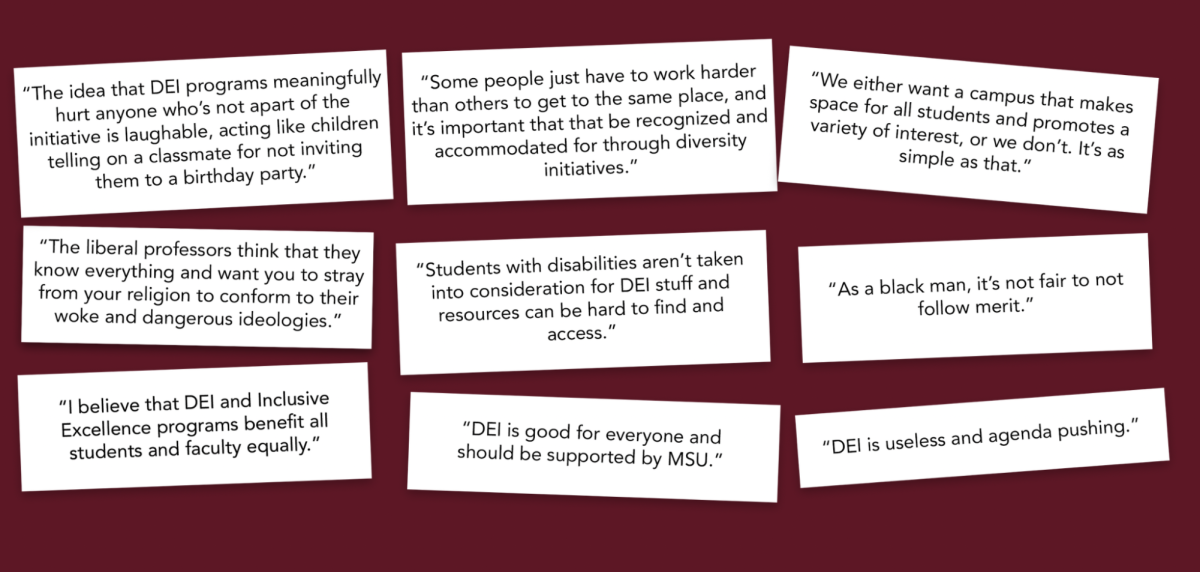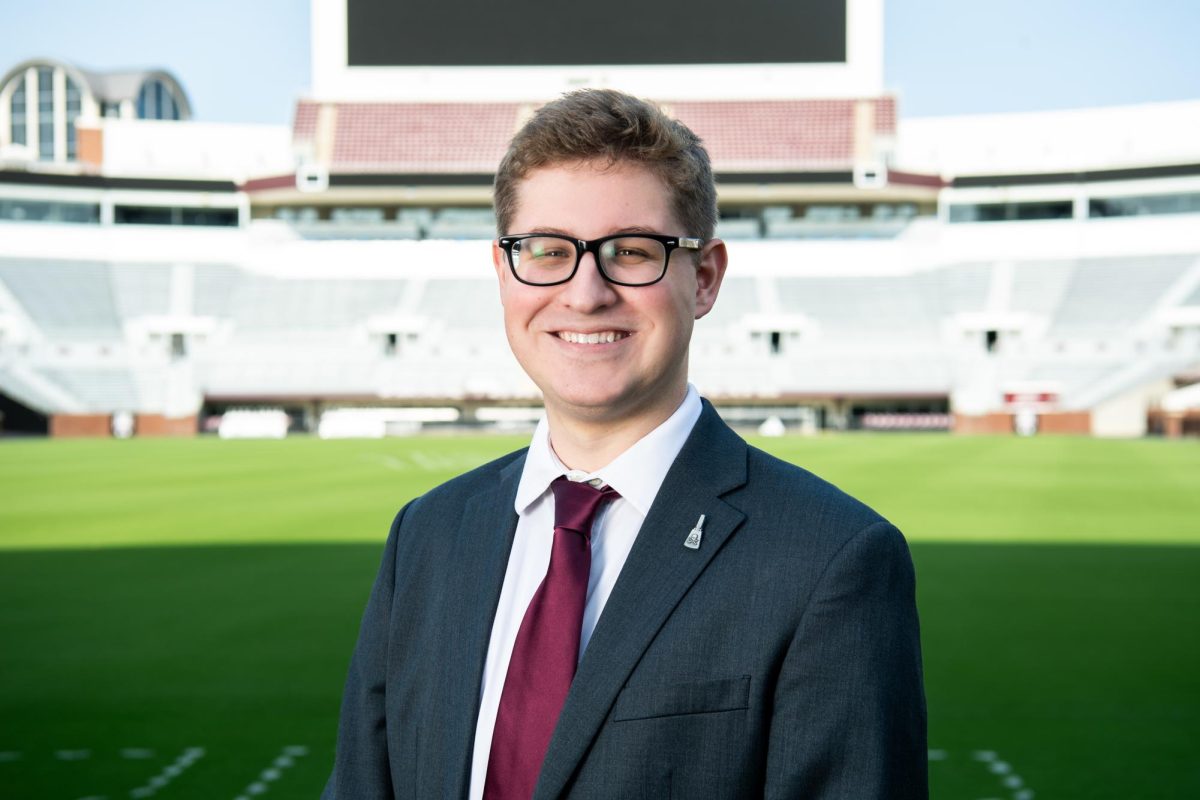Mississippi State University Libraries is creating a COVID-19 digital archive where MSU students, faculty and Starkville residents can document materials that tell a story about their experiences during the pandemic.
MSU Humanities Librarian Corinne Kennedy said she wants to have an easily accessible record of the pandemic and how it affected the community. Anyone affiliated with MSU and Starkville, including alumni, can participate. Those interested can submit materials by filling out a submission form on the University Libraries website.
Submissions can include photos, videos, PDFs, social media screenshots, gas prices, audio recordings and any other digital materials.
“It is important for people to submit materials because whatever our new normal is will be important for researchers who study the history of pandemics to learn about,” Kennedy said. “It is also important for the MSU community to see how this actually affected people during this time.”
University Archivist Jessica Perkins Smith said MSU’s archive includes information on the Influenza Epidemic of 1918 and how that affected students on campus. In a similar way, people were interested in documenting materials related to COVID-19, allowing others to learn about this time in the future.
MSU Libraries is working to include students’ perspectives on the pandemic. Smith said it is easy to get in contact with faculty, but they are pushing to get as many students involved as possible.
According to Smith, the pandemic has affected students in a unique way because they were unable to come back to in-person classes on campus after spring break.
MSU Libraries is also working hard to include the voices of the minority community members because COVID-19 has greatly impacted minorities in Mississippi. Smith said the department is working with the Holmes Cultural Diversity Center to document minorities’ COVID-19 experience.
“We also want to make sure we collect on the black experience of COVID,” Smith said. “The virus is hitting black Mississippians particularly hard.”
Karina Zelaya, assistant professor in MSU’s Department of Classical and Modern Languages and Literatures, is focusing her efforts on recording the experiences of Latinx community members. Zelaya prefers the use of Latinx, which is a gender-neutral term for the community as a whole.
By translating the submission form and the public relations form about the digital archive to Spanish, Zelaya is working to make it easier for the Latinx community to be included.
Zelaya said this project has the opportunity to open the door to people who were excluded from documenting these experiences in the past.
“Some minority groups may fear having their experience in the public, but submissions can be anonymous,” Zelaya said. “Think of it as a cultural recording of our moment in time. We can record our own culture how we want that culture represented.”
Zelaya said the biggest way to help include minority groups is by reaching out and informing them about this project and how they can submit materials.
According to Zelaya, documenting the community’s experience of COVID-19 can allow people to also observe the good that has come out of this time.
“There are some great support networks that have come about through this crisis,” Zelaya said, “The only way we can access this is through testimonies and recordings of how people saw themselves dealing with this.”
Humanities Librarian Kennedy said people have submitted interesting, insightful materials. Some examples include pictures of incredibly low gas prices and therapeutic hobbies people have taken up during quarantine, including tweets about gardening.
“Our idea is hopefully to get something up within the next six months, such as an exhibit, that is freely available for anyone to look at and use,” Kennedy said. “We ask that everyone please submit materials. Even if you are not sure of something, just email us and one of us will get back to you with an answer.”
MSU Libraries documents pandemic through digital archive
Courtesy Photo | Mississippi State University Libraries Special Collections
An archived news article describes the Influenza Epidemic of 1918. In a similar fashion, MSU Libraries hopes to recreate this resource for the present day with the digital COVID-19 archive.
0
More to Discover
















































































